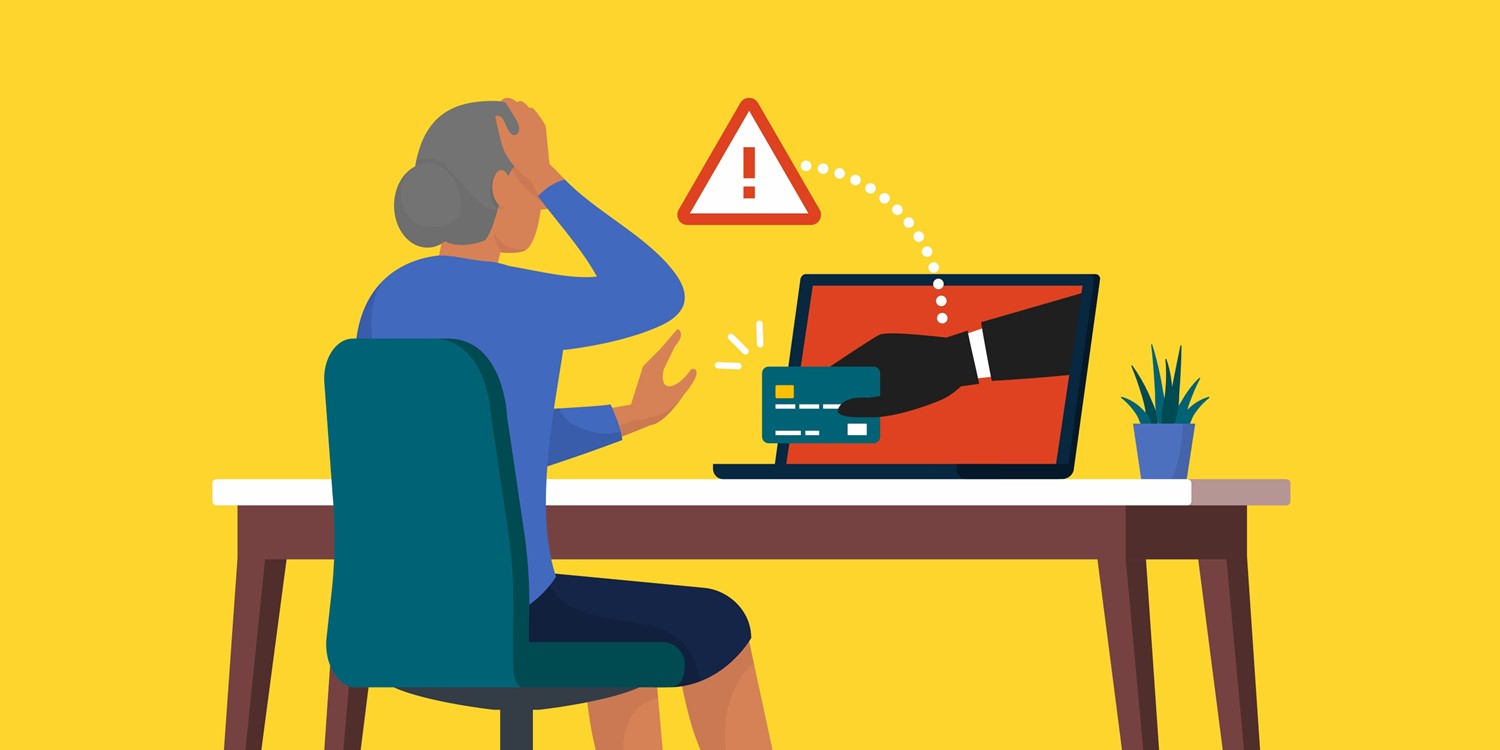Fraud is a purposely deceptive action done by the perpetrator to achieve unlawful gain from a victim. Fraudulent activities can be carried out by an individual, a group, or a whole business form. In order to deceive someone, criminals usually present false representations of facts to their target victims. Often, the culprit would choose an intended victim who has little to no information about their provided ‘false information,’ taking advantage of information asymmetry.
Unfortunately, fraud is a common crime in today’s world, especially since technology has made it easier for criminals to perform their deceptive schemes. Fraud or dishonesty offences can be committed in person, online, or via correspondence.
If you’re a victim of fraud, you have the right to report the incident to the appropriate company or your local police station. It’s also recommended that you seek legal assistance from a fraud lawyer knowledgeable about the state and federal laws on criminalized fraud. Your attorney will help you understand all the potential consequences of the incident and the best actions you can take to minimize your loss and file a case.

Fraud can be done in multiple ways and for different reasons. Knowing the most common types of fraud and dishonesty offences will help you become more aware and prevent yourself from being victimized.
- Computer and internet fraud
As technology continues to evolve and advance through the years, fraudsters are able to adjust and keep up with modern changes. Their fraudulent activities aim to scam individuals or businesses through their internet-connected devices, like mobile phones, computers, and IoT devices.
Computer and internet fraud can come in several forms, such as:
- Debit/credit card fraud: Fraudsters will try to obtain your debit/credit card information through your retailer’s unsecured internet device or network. Once they’ve accessed your card number or personal identification number (PIN), they’ll withdraw all the cash from your account or make unauthorized purchases.
- Email fraud: This type of fraud offence is done by sending emails to people in an attempt to scam them, retrieve their personal information, and collect money.
- Employment fraud: This fraud offence aims to fool people by offering them false hope of better employment with higher wages, more respectable tasks, or better working hours. In exchange for the chance to apply for this ‘dream job,’ they’ll ask for money from victims.
- Investment fraud: Fraudsters will try to trick you into investing your money in bonds, stocks, currency, or real estate. They’ll give you false information about a ‘real’ investment, make it sound urgent to earn your money and trust, and give you no time to ask them questions.
These are only some of the ways fraudsters can deceive you through your devices or the internet. Ultimately, any improper use of the computer or internet to provide you with false information can already be considered a computer and internet fraud offence.
- Business fraud
Fraudsters focus on scamming customers about services or products or lie about themselves for personal gain or loss. Business or corporate fraud can be done by staff members, suppliers, or even third parties unconnected to the business.
This kind of offence can take several forms, such as:
- Payroll fraud: It can be done in different ways. For example, your staff may lie about their sales, working hours, or productivity levels to get higher pay. Or they may request an advance salary without the intention of paying it back. Some may also go to the extent of bribing a co-worker to manipulate their attendance records.
- Skimming: Skimming or asset misappropriation is among the most common types of business fraud but also the easiest to spot. This fraud offence involves taking money from the company or its customers by forging checks, stealing inventory, or manipulating transactions.
- Invoice fraud scheme: It’s often done by a sales or an accounting employee who comes up with fake invoices to steal money from the company. They may create a fake supplier profile to funnel money to and make fake invoices for products or services that were never bought.
- Intellectual property or identity theft: Most businesses have sensitive information, whether intellectual property (IP) or personal data. If one of your employees leaks your IP or personal data and shares them with your competitors, this fraud offence can hurt your business reputation greatly.
Although there’s no single solution to avoid all types of business fraud, knowing the information above will help you take action and create a plan to protect yourself and your business.
- Forgery or counterfeiting
Unlike skimming or invoice fraud, which focuses more on targeting businesses, forgery or counterfeiting is a much more general fraud offence that can be considered a federal or state crime, depending on the severity of the case.
For example, forging driver’s licenses, birth certificates, or other valuable documents can be punishable by state law, with a range of penalties like probation, high fines, and jail time. Meanwhile, counterfeiting currency is a much heavier offence punishable by federal law, with a penalty of up to 15 years of jail time and a large fine.
Conclusion
These are only some of the most common types of fraud offences that many fraudsters usually commit. Regardless of what type of fraud offence, each one can lead to significant criminal penalties, and the punishment severity depends on the laws of your state and the damage brought by the offence.
Thus, if you’re a victim of a fraud offence, you must speak with a certified fraud lawyer immediately. We at the Criminal Law Group can provide you with a strong defence team to discuss your case, defend your rights, and minimize your losses or damages.


